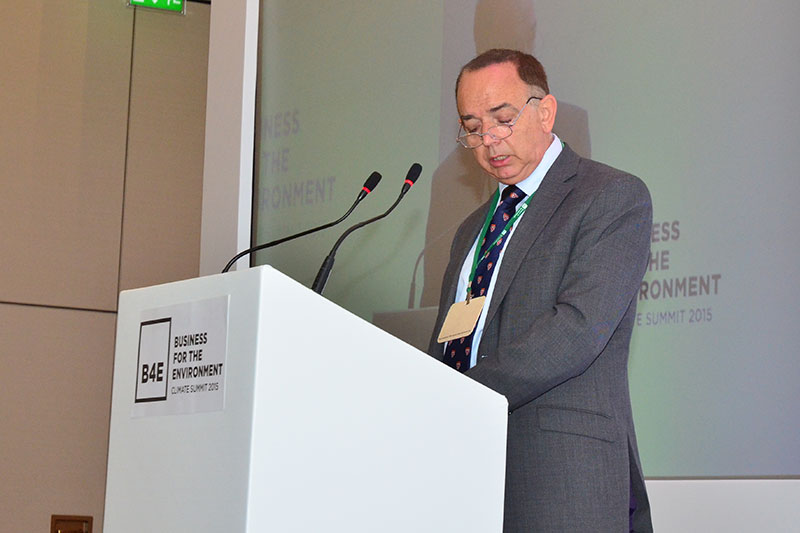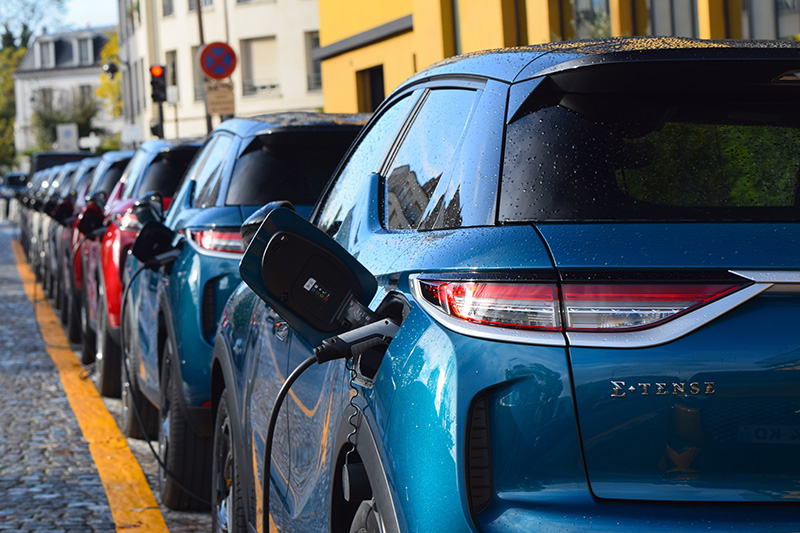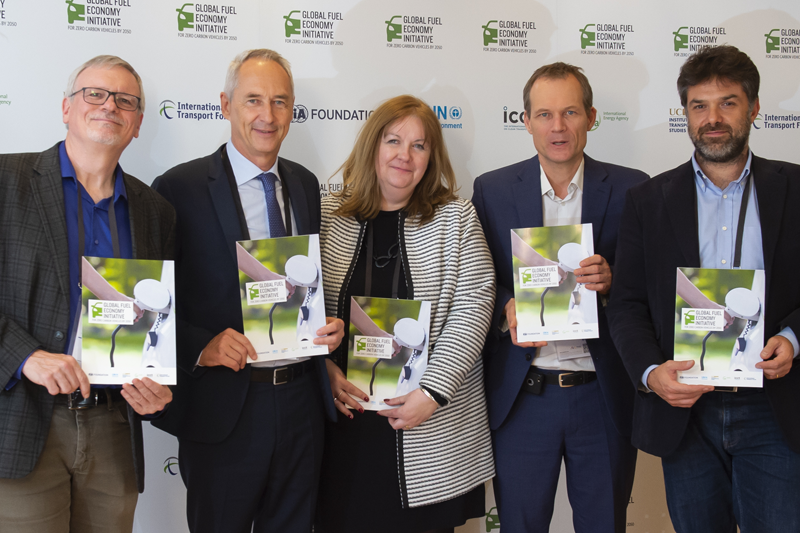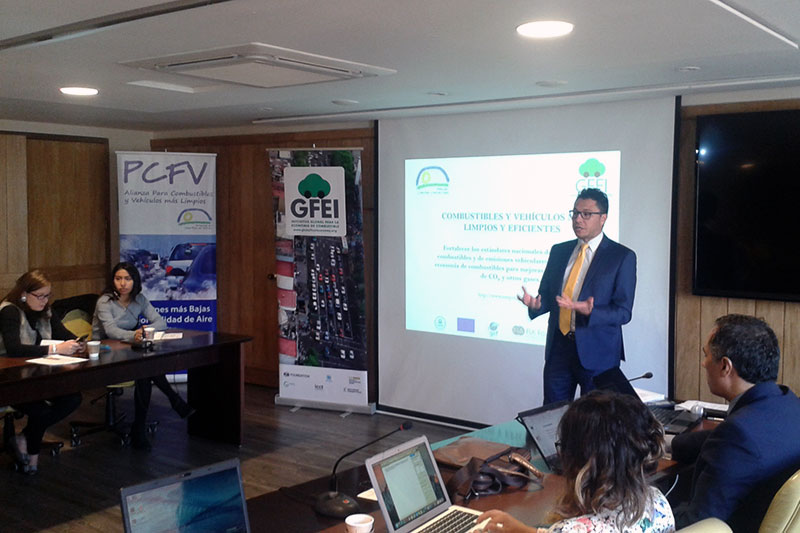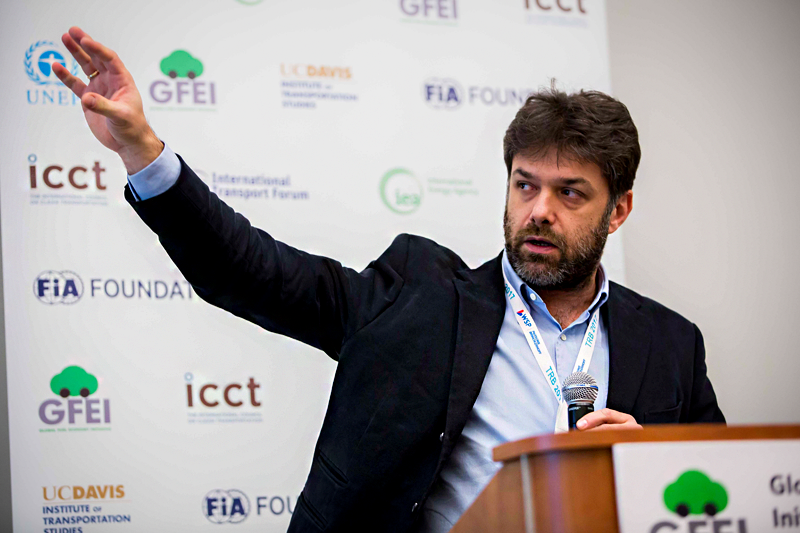Energy Efficiency and GFEI showcased at leading business forum

The Global Fuel Economy Initiative has been highlighted at a high level business summit in London.
Sheila Watson, Executive Secretary of the GFEI and Environment Director of the FIA Foundation, chaired a panel of business leaders and experts on the topic of energy efficiency in mobility and logistics at the B4E Annual Summit in London on September 9-10th.
The Summit which was addressed by UK Minister for Energy and Climate Change Lord Bourne of Aberystwyth, heard a wide range of contributions on the importance of energy efficiency as the ‘new fuel’, and debated what support is needed to drive forward improvements in performance globally.
The mobility and logistics panel looked specifically at the range of issues and options available to address the mobility challenges such as an increase from one billion vehicles on the world’s roads right now, to the 3 billion more, mainly in cities, which are expected by 2050. After presentations from a panel whose expertise ranged across freight, logistics, climate action and global policy frameworks, and who represented the whole of civic society from the private sector to NGOs, the meeting broke down into groups to discuss the way forward. A heated debate ensued, covering issues from carbon pricing to micro-finance, and regulation to leading technologies, the groups were able to agree three key messages which they felt best encapsulated the challenges inherent in improving energy productivity in mobility and logistics:
- Collaboration/partnership and dialogue is needed to ensure that the transition to low carbon mobility and logistics is achieved in an integrated and cost efficient manner, and in particular balanced (positive/urgent) awareness raising amongst consumers, government, civil society and business.
- There is high potential for improved efficiency and reduced emissions through a mix of avoid, shift and improve strategies. Double-digit efficiency improvements of vehicles, engines, and other parts of the transport system can be achieved by employing cost-effective technologies and other solutions, but this must be driven by more stringent targets and standards in major global regions, acknowledging that regulation can drive the innovation which we also need.
- The shift to clean and low carbon energy in transport should be incentivised and enabled by for example, supporting innovation and deployment of solutions; appropriate financing; and properly reflecting true environmental costs in the pricing of mobility and logistics.
Speaking at the end of the conference, Sheila Watson said. ‘It was a great honour to chair a panel of such informed and committed speakers, and to engage with a wide range of others when I presented our group’s messages at the plenary. It is really heartening to see such a major global business forum focussing on energy efficiency in this way, particularly at a time when policy frameworks such as the G20, SDGs and the COP21 are engaging with this issue too.’
